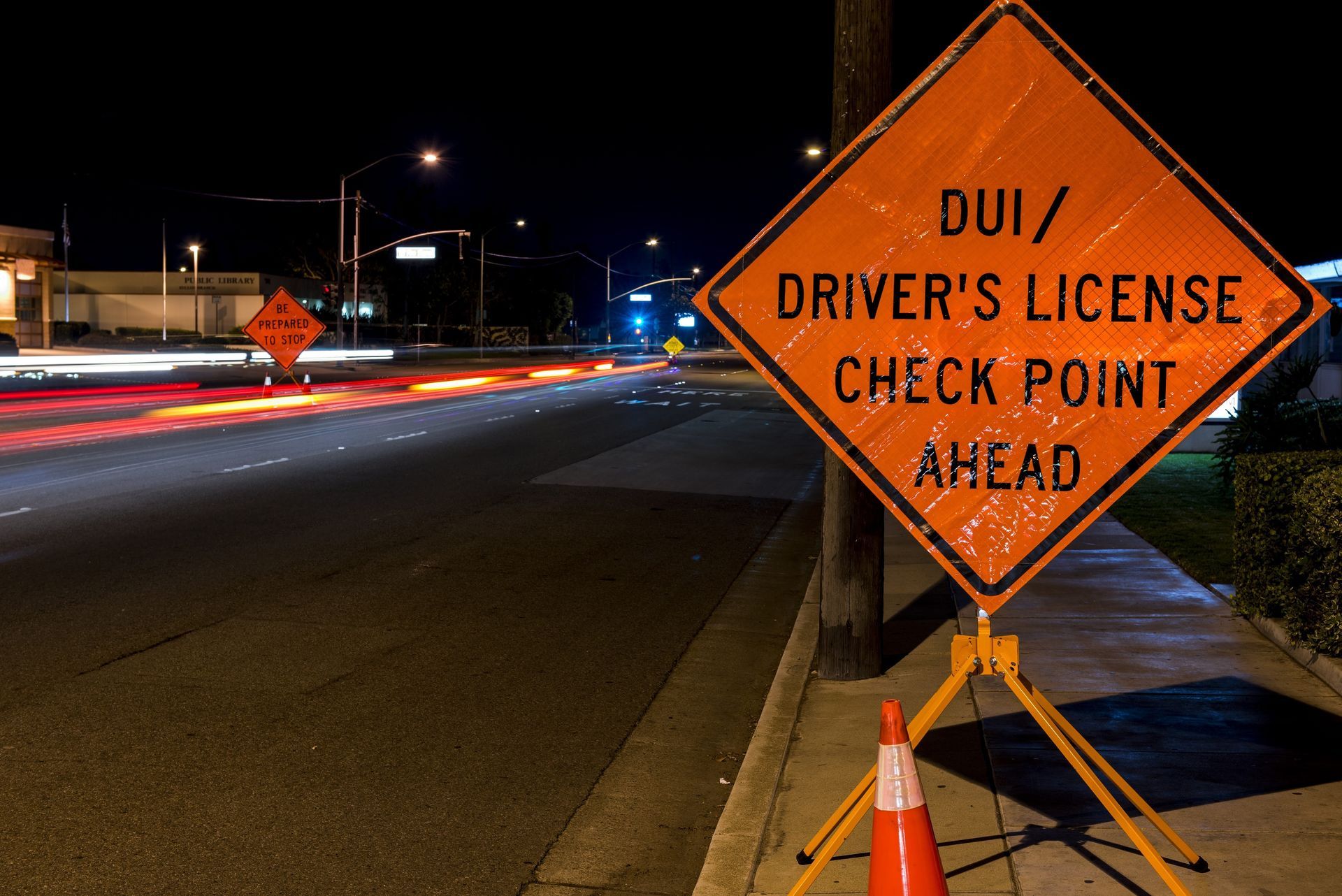Tips You Should Follow When Under Arrest
Police officers are trained to serve and protect. If you're suspected of a crime, police may attempt to detain you to investigate. Protect your rights and interests by following these tips.
Comply with the Officer's Arrest Attempt
Complying with the arrest demonstrates respect for the legal process and the authority of law enforcement officers. This helps maintain order and ensures the safety of everyone involved, including the arrested individual, the officers, and the general public.
To accept the officer's arrest attempt, one should remain calm and follow their instructions. The process involves cooperating fully by not resisting, verbally or physically, as escalating the situation can lead to harm.
Note that the arrest does not determine guilt or innocence but rather allows the legal system to investigate the alleged offense fairly and impartially. Resisting the arrest may lead to additional charges and complicate the legal proceedings.
Pay Attention to Events and Evidence
Paying attention to your surroundings allows you to evaluate the strength or weakness of the case being built against you. By analyzing the evidence, you can identify any inconsistencies, contradictions, or gaps that may exist. Such understanding enables you and your legal representative to form a robust defense strategy and challenge the prosecution's claims.
Also, focusing on the evidence empowers you to provide accurate and detailed information when questioned. By carefully considering the evidence, you can recall relevant facts, circumstances, or witnesses that may support your innocence or provide an alternative explanation.
Remain Silent
You are not obligated to answer any questions without the presence of your attorney. Remain silent because anything you say can be used against you in a court of law. By exercising your right to remain silent, you protect yourself from inadvertently saying something that could be misconstrued or used against you later.
You should Refuse to Consent to a Search
Refusing consent helps protect your privacy. The refusal ensures law enforcement officers cannot invade your personal space or belongings without proper justification. By asserting your right to refuse consent, you maintain control over your property and limit the potential for unwarranted searches.
Additionally, refusing consent to a search can preserve your Constitutional rights. The refusal also forces the police to rely on other means to obtain evidence against you, which may strengthen your defense in court. By refusing consent, you prompt law enforcement to follow the proper procedures, ensuring they obtain a search warrant based on probable cause.
To exercise your right to refuse consent, clearly and respectfully communicate your decision to the officers. You can simply say, "I do not consent to a search."
Ask for a Lawyer
When you request a lawyer, all questioning from law enforcement must stop. Period. A lawyer can guide you through the legal process as well as help you understand your rights and the charges against you. Additionally, counsel can help ensure that the police act lawfully and that your constitutional rights are protected. Remember, requesting legal counsel can mean the difference between a favorable outcome and a life-altering sentence.
If you require a criminal or DUI. attorney, it's best to retain an aggressive and experienced lawyer. At The Law Offices of Fischer & Putzi, P.A., we specialize in criminal law and DUI defense.
Don't ignore the problem—contact us immediately to protect your rights












